Pilgrim Tower is a proposal for Unbuilt Visions 2013 competition, by Phormin
The Pilgrim Tower refers to the idea of cultural pilgrimage, trying to combine the above named terms and definitions.
The idea is not to unite the religions. In respect of religious heritage, tradition, culture and rituals, the Pilgrim tower makes an attempt to give the visitor an open mind perspective on religious differences, as on acceptance and tolerance.
The building is the way.
The vertical path symbolizes the mental and physical struggle of the pilgrimage and implies three levels of achievement. It is left to the visitor and his own expectations to simply reach enlightenment and self-affirmation, or rather the ultimate level of coexistence in a globalized society.
The Pilgrim Tower welcomes the variability of religions and by that internalizes rituals and symbols. The twisted form of the building materializes through the idea of gathering five directions, one for each of the main world religions: Buddhism, Christianity, Hinduism, Islam and Judaism – in a vortex-like upward movement.
The first part of the path is about the own religion. The pilgrim is guided by familiar and essential elements of his practice of faith, thus one finds himself on a tour in and around the own world of believe.
By delving with the own religion the belongingness also comes alive. The first path brings the various branches of religion together, as no difference is made in its exegesis, but the main consent is central while wandering up the path.
All this sets the requirement for the continuing of the path on to the next level. After perceiving its own faith, the pilgrim encounters the other religions on the second part of the path.
The collateral course through prayer sessions, religious rituals and the cooperation of other believers gives him an insight, finding analogies to his own religion.
The equality of the paths system formulates the immediate question: don’t we reach for the same aim? The ramps now connect with each other and become to this one way. For the first time Religious difference connects and does not divide.
“No concept of sin, good or bad, only degrees of wisdom”
More from the Architect:
Religion
“a set of beliefs concerning the cause, nature, and purpose of the universe, especially when considered as the creation of a superhuman agency or agencies, usually involving devotional and ritual observances, and often containing a moral code governing the conduct of human affairs“
Or, from a critical point of view, concerning nowadays happenings:
“a set of beliefs made by the elders in a society to enforce the moral values necessary to preserve the society which exploits a belief and supernatural powers to enforce the rules”
Globalization of community
Today’s urban societies are faced with large-scale economic changes: immigration, demographic inequalities and controversial politics of race, ethnicity, religion, gender and sustainability.
Belongingness and Migration
“the human emotional need to be an accepted member of a group.”
“Individuals join groups with which they have commonalities.”
The need of belonging to a certain group, in our case religious ones, influences the individuals adaptation in a modern society, but conflicts at once with the idea of globalization.
For individual ethnic and religious groups, belief can be the driving force to further commitment outside of church, in the field of social commitment.
Pilgrimage:
“Inner path of the spiritual aspirant from a state of wretchedness to a state of beautitude”
“a journey or search of moral or spiritual significance”
In general pilgrimage leads towards a defined destination, although this doesn’t have to be a physical location.
A modern phenomenon, besides the spiritual pilgrimage, is the cultural pilgrimage. This profane form of pilgrimage can be travels to historic sites of national or cultural importance.
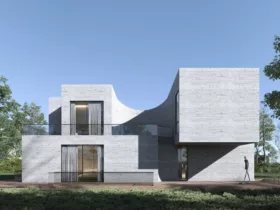
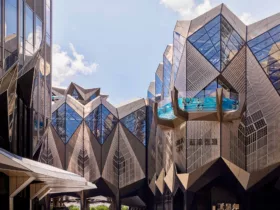

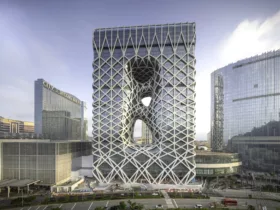

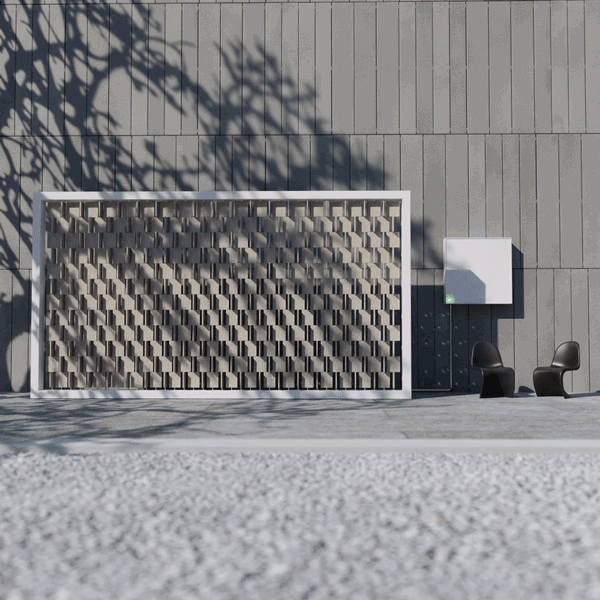



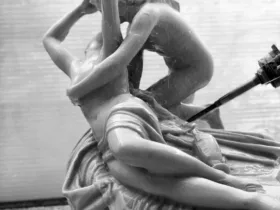



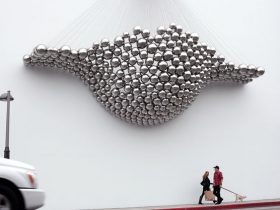

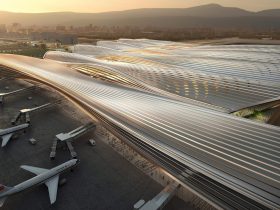
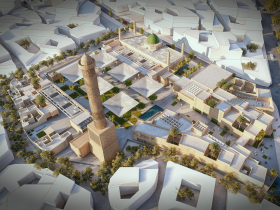
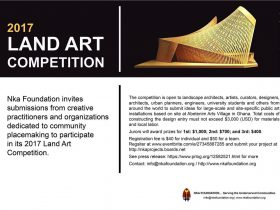
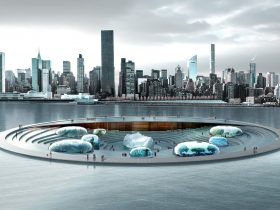


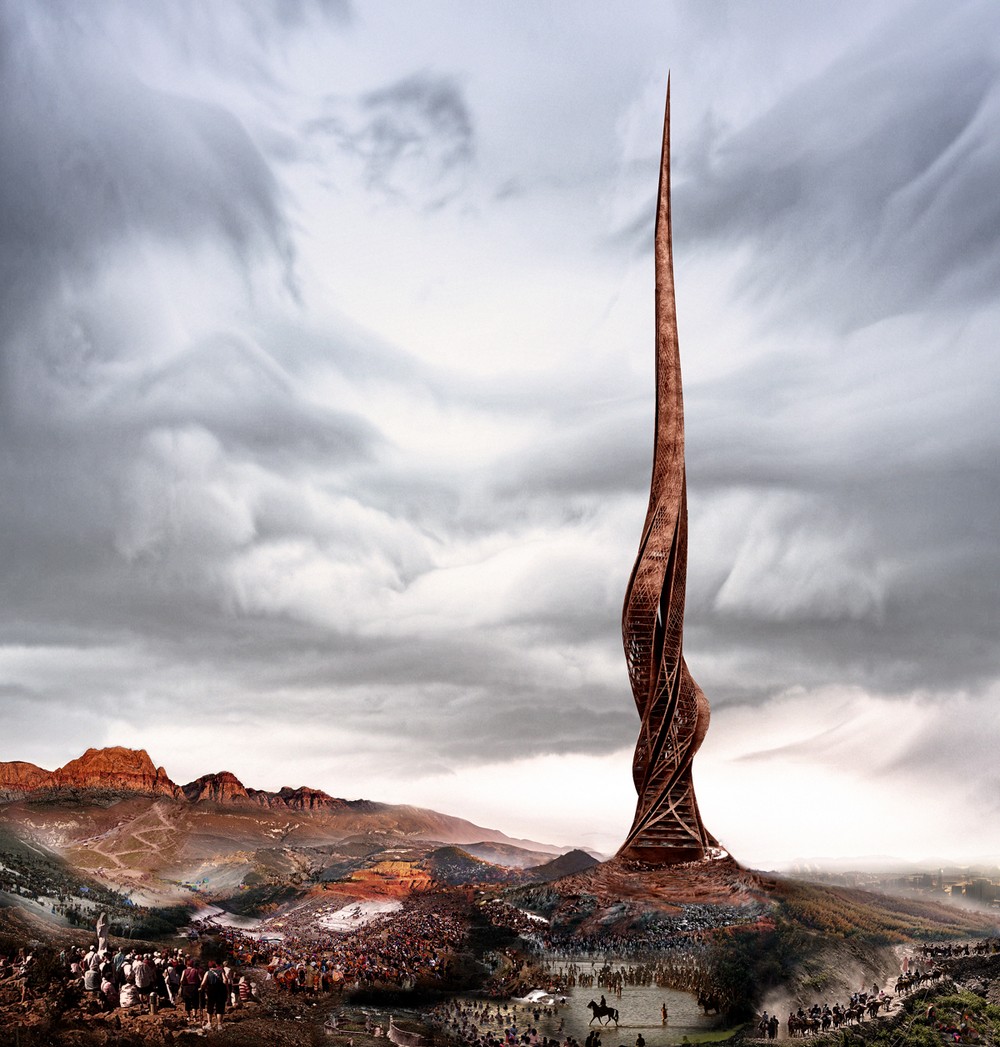
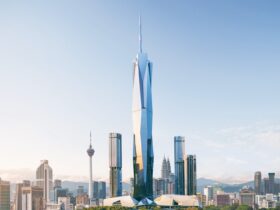










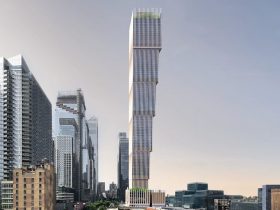
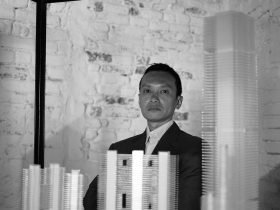

Leave a Reply